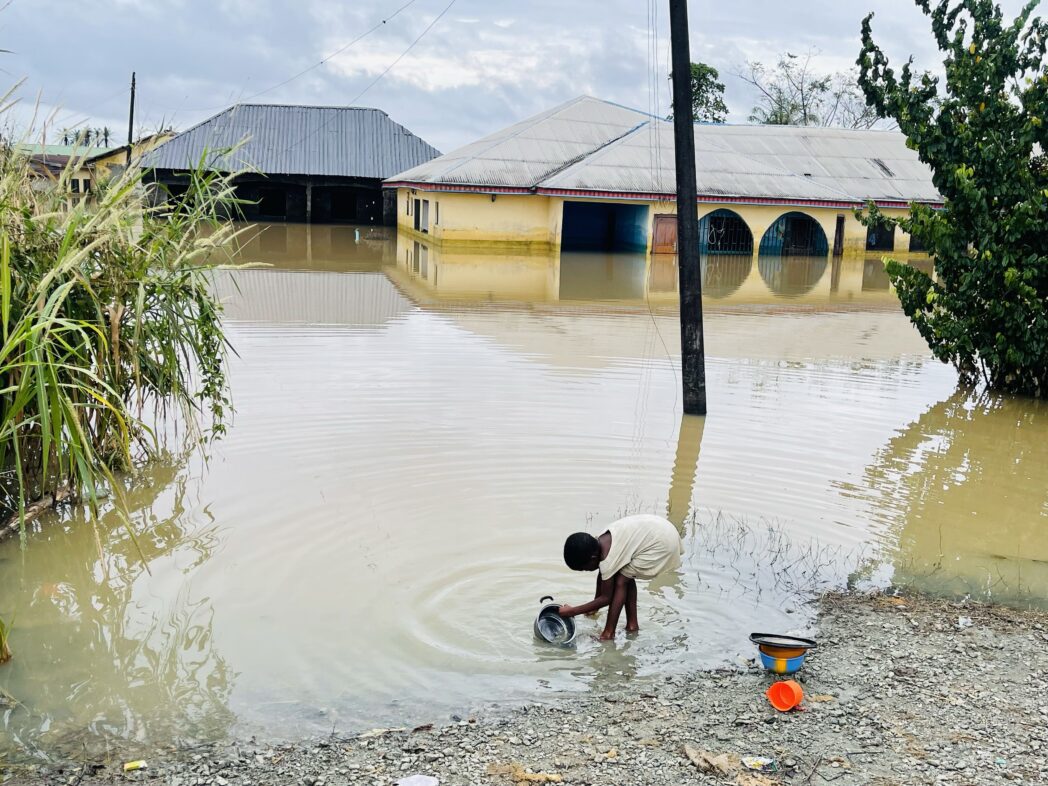
LG boss calls on residents to support flood mitigation efforts
Mr Sesan Olowa, Chairman, Ibeju-Lekki Local Government Council, Lagos state, has urged residents of the area to support the council’s flood-mitigating programmes.
Olowa who made the call at a stakeholders’ meeting in Ibeju-Lekki, on Monday, said that the issue of flooding should a cause for concern to all and sundry.
He said that there was need for a collective effort towards devising strategies to mitigate possible flood disaster in the area.
Olowa said that the government had a master plan drainage system which served as a primary collection source of water.
He expressed worries that human activities had affected the canal, causing spill over effects on households.
“Some have also neglected the setback parameters with their encroachment into the canal lines,” he said.
The council chairman stated that the erection of illegal structures at the entrance of the community had hindered its linkage to adjoining drainage, which was primarily designed to discharge water.
He said that such illegal structures had not only contributed to flooding but also hugely inhibited development in the area.
“So, please open up the gutter channels in your communities. Support the ongoing efforts by the council to clear the canals,” he said.
Also speaking, the Leader of the Legislative Assembly, Mr Mojeed Olayinka, appealed to the residents to cooperate with the council authority by avoiding acts capable of blocking waterways.
“Flooding is an issue that affects all of us, we all need to come together to tackle it,” he said.
Earlier, the Lukosi (Duke) of Ibeju Kingdom, Tayo Musari, described the flood in the community as self-inflicted following the unfriendly environmental activities of some residents.
“Illegal structures are being erected on waterways, some residents are displaying very poor sanitary habits,” this is not good,” he said.
He urged the state government to relocate some of its agencies to Ibeju-Lekki for effective monitoring and implementation of environmental projects.
The meeting was attended by traditional rulers, community development association leaders, traders, women group leaders among others.




